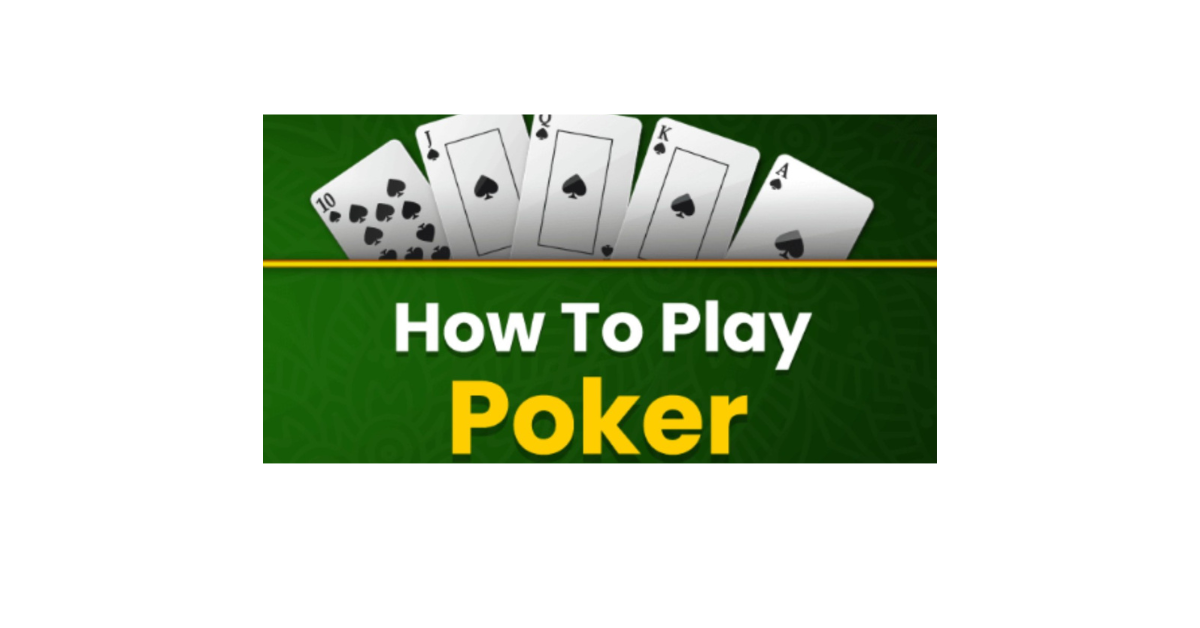Objective of the Game
In the game of poker, the primary goal is to win chips from other players by either having the best hand at showdown or by convincing your opponents to fold their hands. This involves a strategic approach that combines both skillful card play and psychological tactics to outwit your adversaries. Understanding the dynamics of the game and adapting to different situations are essential components for achieving success in poker.
Players must constantly assess the strength of their own hand relative to the cards on the table and the behavior of their opponents. The ability to make well-informed decisions based on this information is crucial to gaining an advantage in the game. Ultimately, the objective is to maximize your winnings while minimizing your losses through a calculated and methodical approach to each hand dealt.
Understanding the Hand Rankings
In poker, the hand rankings determine the strength of your cards compared to other players. The highest-ranking hand is the Royal Flush, which comprises a ten, jack, queen, king, and ace all of the same suit. Following that is the Straight Flush, which is five consecutive cards of the same suit.
Next in line is the Four of a Kind, where you have four cards of the same rank accompanied by any other card, and then the Full House, consisting of three of a kind and a pair. The Flush is comprised of five cards of the same suit in any order, followed by the Straight which is five consecutive cards of mixed suits.
Dealing the Cards
The dealer in a game of cards typically shuffles the deck thoroughly before beginning the dealing process. Once the cards are shuffled, the dealer proceeds to distribute them one by one to each player in a clockwise fashion. The number of cards dealt to each player may vary depending on the specific game being played, with popular variations including Texas Hold’em, Blackjack, and Omaha.
Players are advised to pay close attention during the dealing phase to ensure that each player receives the correct number of cards without any visibility to the other players. It is important for the integrity of the game that the dealing process is carried out fairly and without any bias towards specific players. Once all players have received their cards, the game can progress to the next stage where players will have the opportunity to make decisions based on the strength of their hands.
Making Decisions Based on Your Hand
When it comes to playing poker, one of the most crucial aspects is making decisions based on the hand you have been dealt. Your hand will determine the strength of your gameplay and ultimately, your chances of winning the game. Analyzing your hand and strategizing accordingly can greatly impact the outcome of the round. It is important to carefully evaluate your hand in comparison to the community cards on the table and anticipate the potential hands your opponents may have. This assessment will guide your decision-making process and help you determine your next move strategically. Understanding the value of your hand in relation to the game’s progress is essential in making informed decisions that can lead to a successful outcome.
Utilizing Bluffing Techniques
Bluffing is a crucial aspect of poker that can help players outmaneuver their opponents and come out on top. By strategically misleading others about the value of your hand, you can instill doubt and prompt your opponents to fold, even when you may not have the strongest cards. This psychological tactic can be highly effective in turning the tide of a game in your favor.
One key to successful bluffing is to maintain consistency in your gameplay. If you suddenly change your behavior when bluffing, such as being overly aggressive or timid, observant opponents may catch on to your strategy. By blending your bluffs with your genuine plays, you can keep your opponents guessing and make it more challenging for them to decipher when you are bluffing.















